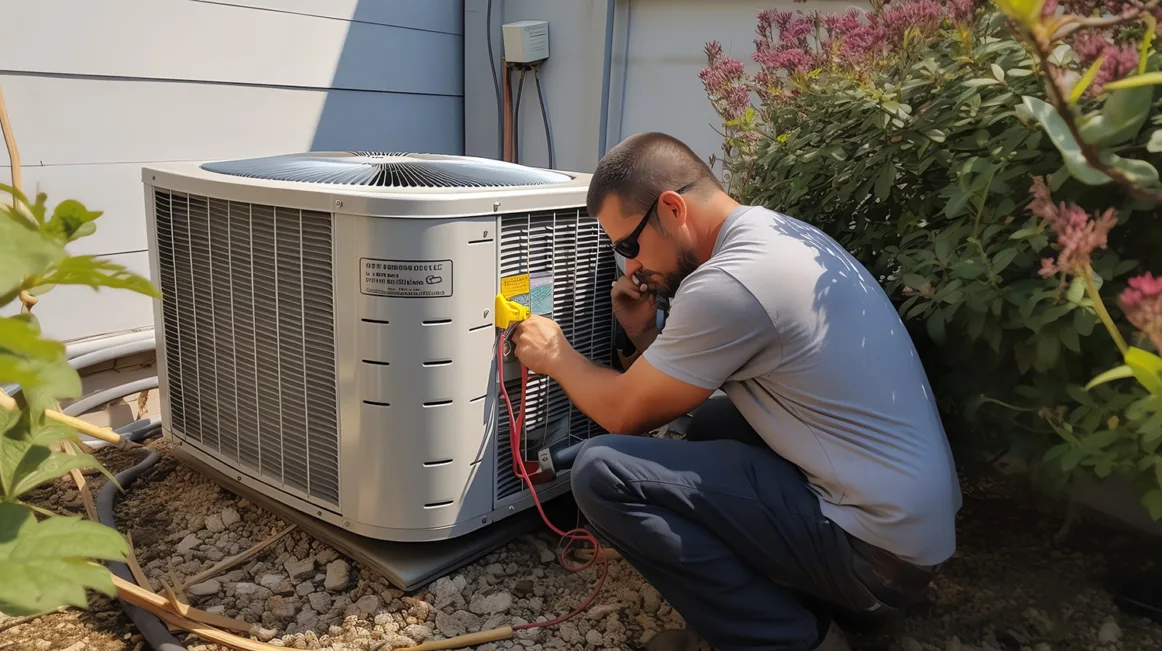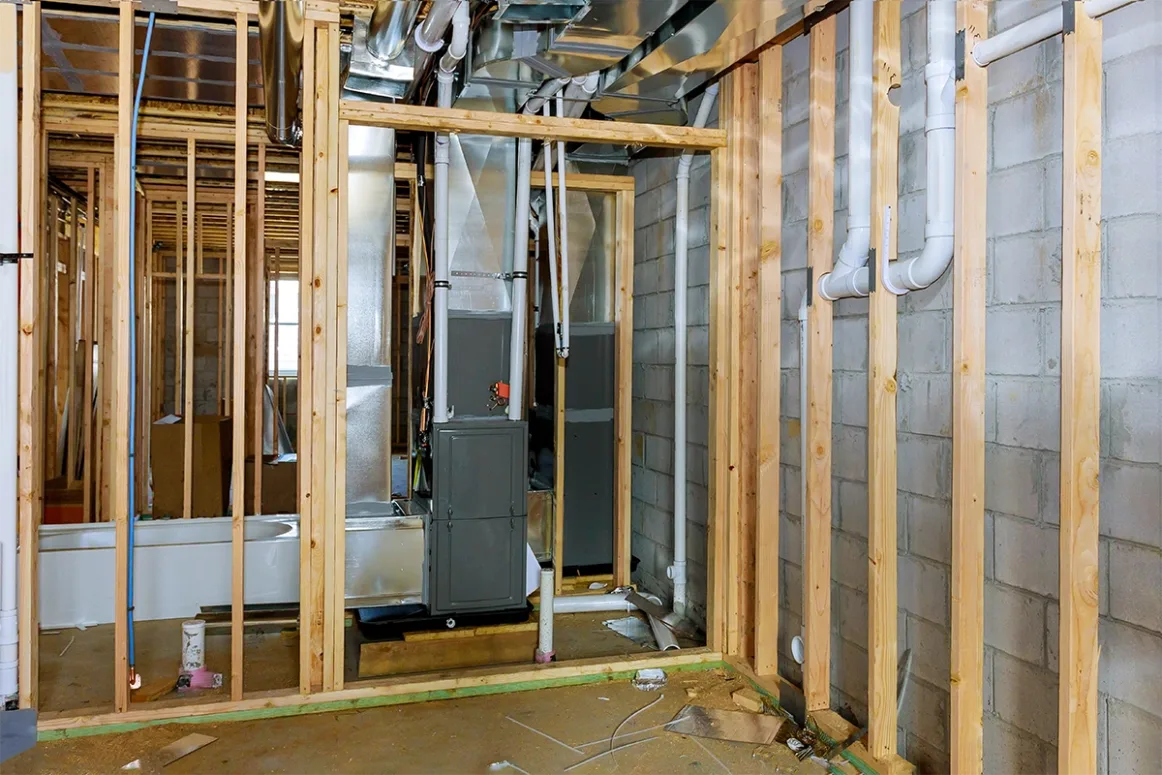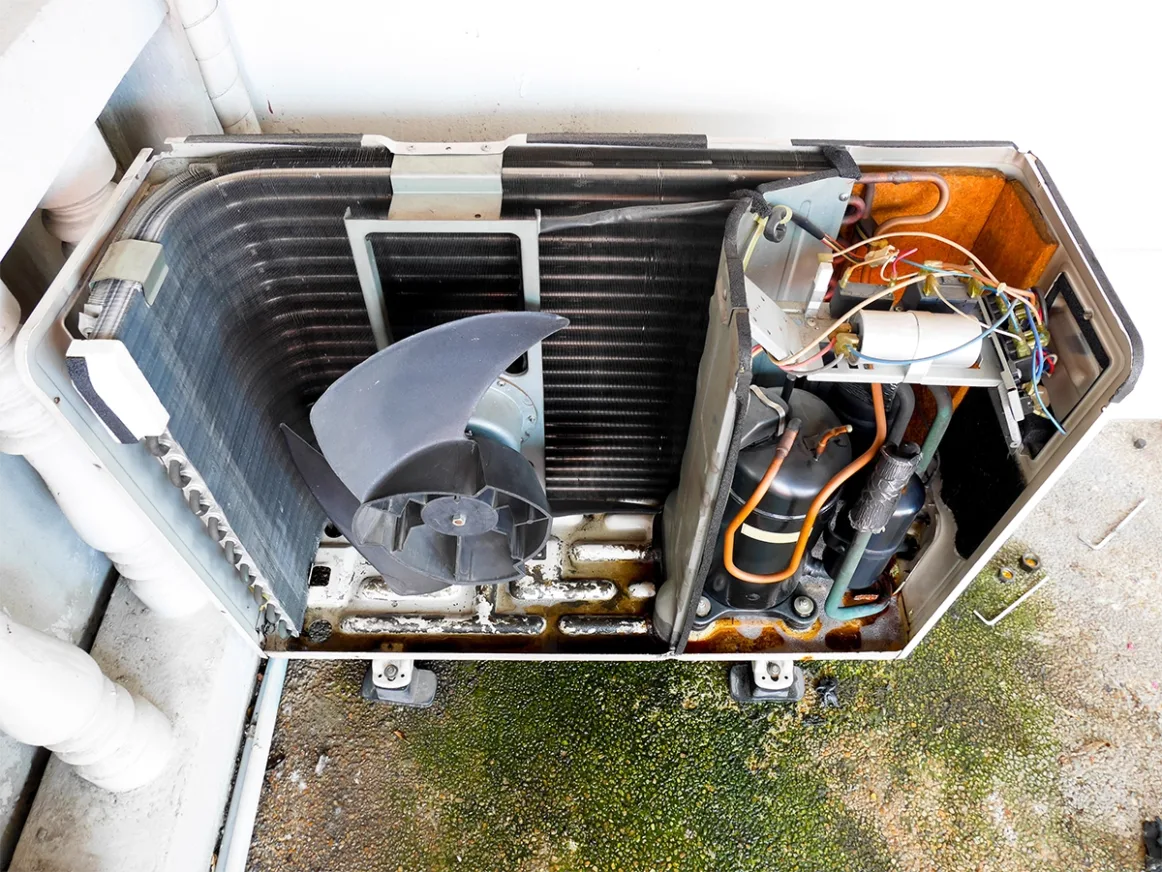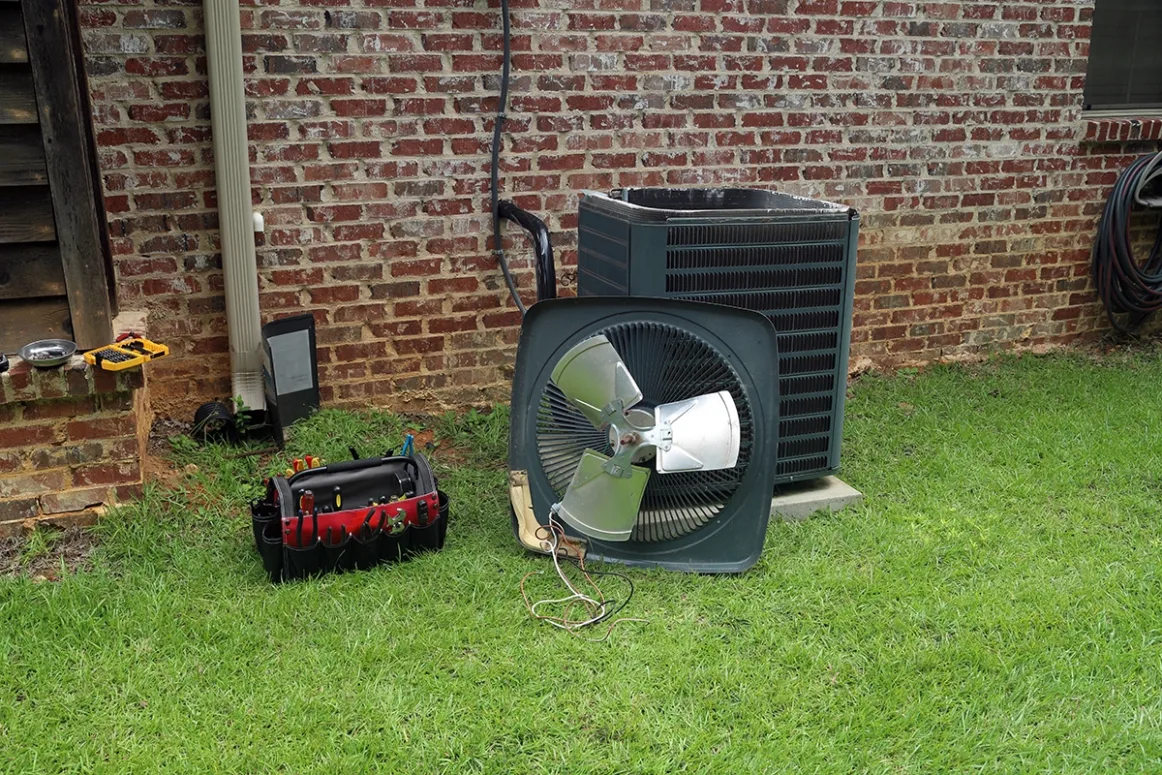
What are CFMs in HVAC?
What Are CFM and Why Is It Important in HVAC?
CFM is the abbreviation of Cubic Feet per Minute; in other words, it is a unit metric that describes a specific HVAC system’s performance and how much air it will take or blow into an assigned volume. Now that you know CFMS, you understand it plays a vital role in installing new HVAC systems. They are helpful when servicing old HVAC systems, as they directly impact the system’s working efficiency and comfort level in a building or home.
- Airflow Efficiency: The airflow at CFM measures how well your HVAC system works. It indicates the air available in every room and the ventilation in every area.
- System Sizing: Verification of CFM calculations enables the calculation of the HVAC size the space requires, preventing problems such as inefficient use of equipment or under—or over-cooling or heating a space.
- Quality of Air: With the aid of good air distribution and a proper level of filtration, improved airflow helps maintain appropriate air quality inside the system
How Do You Know CFM in an HVAC System?
It is impossible to avoid adjusting airflow rates to obtain CFMs in particular HVAC units without first changing the volume of air being moved through the air-conditioned space. Here’s how they do it when it comes to providing the right CFM:
- Room Volume: The room volume is obtained or computed by lbh (length, breadth, and height, respectively).
- Air Changes Per Hour (ACH): Establish the required air changes within 1 hour based on how the room is used and how many people will be inside.
- CFM Formula: Represented by the formula CFM = (Volume x ACH) / 60.
What Factors Influence CFM Requirements?
Many factors are critical to determining the CFM requirements for any given space, making consideration of such factors imperative during the assessment or installation of HVAC units:
- Room Size and Layout: Larger or curvy structures usually require more CFM to allow adequate air circulation with respect to the walls.
- Occupancy: Areas with high ratings of occupancy level of activity need a higher CFM to keep comfortable levels due to more air, which has to be circulated.
- Type of Use: A high rate of air changes is required for degraded and humid environments such as kitchens and people’s active areas like gyms.
How Can You Optimize HVAC Performance?
Ensuring the system is operated within the right CFMs improves the HVAC system’s efficiency and the environment’s comfort. Optimization tips include:
- Regular Maintenance: Ensure that air filters do not accumulate dust and ducts do not become obstructed to achieve the system’s designed CFM output.
- Proper Sizing: All HVAC systems and components needed for air distribution and the specific CFM ratings should be sized appropriately; hence, a professional should be consulted.
- Upgrades: In add-ons or expansions, fans or any other additional units should be added with any areas having less than the required CFM output.
The Consequences of Not Knowing
Though there is less understanding of CFM levels, wrong settings on them lead to several difficulties that range from rendering poor environmental conditions in the building to reducing the operation life of the HVAC system:
- Reduced Comfort: CFM incorrect figures can leave hot or cold spots around a building, such as in the extents and edges, called thermal flooding.
- Increased Energy Consumption: While an HVAC system’s CFM ratings can be tolerated for any room or area, they usually lead to unwarranted energy usage and higher energy bills.
- Wear and Tear: Unless specific CFM measures are met, the precision cooling appliances may continue to lean if CFM isn’t applied, which may reduce the appliance’s life.
The Role of CFMs in the Effective Operation of HVAC Systems
Effective in many aspects of HVAC design and operation, chiefly in air distribution and the system’s efficiency. Appropriate awareness and control of CFM values provide comfort and air quality, increase the system’s energy consumption efficiency, and extend the operational period. Whether buying and installing a system or adjusting a CFM level for an existing one, the performance results and cost savings will always be impressive. Contact Russel Heating and Air to tune up your system.





